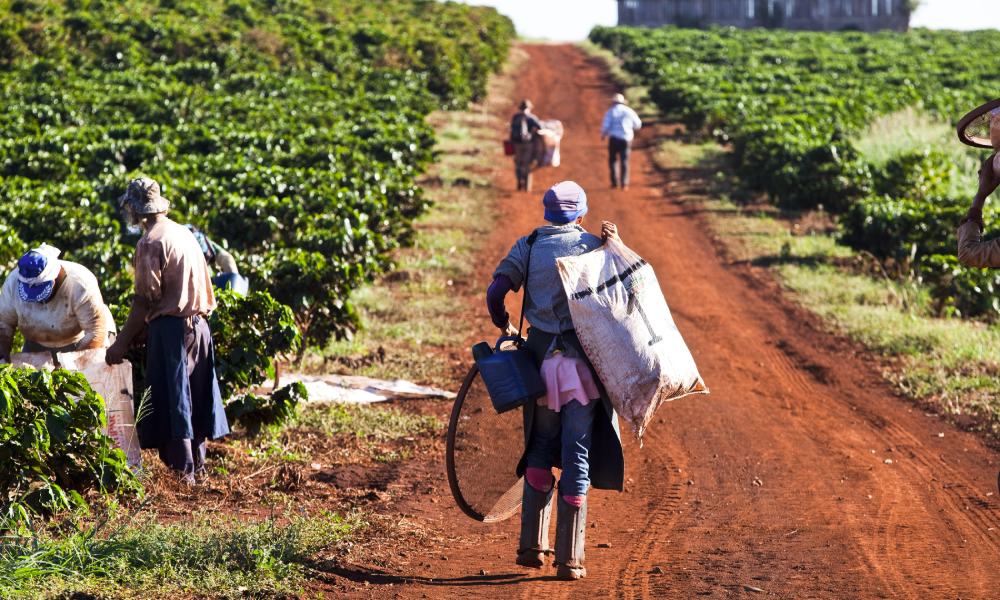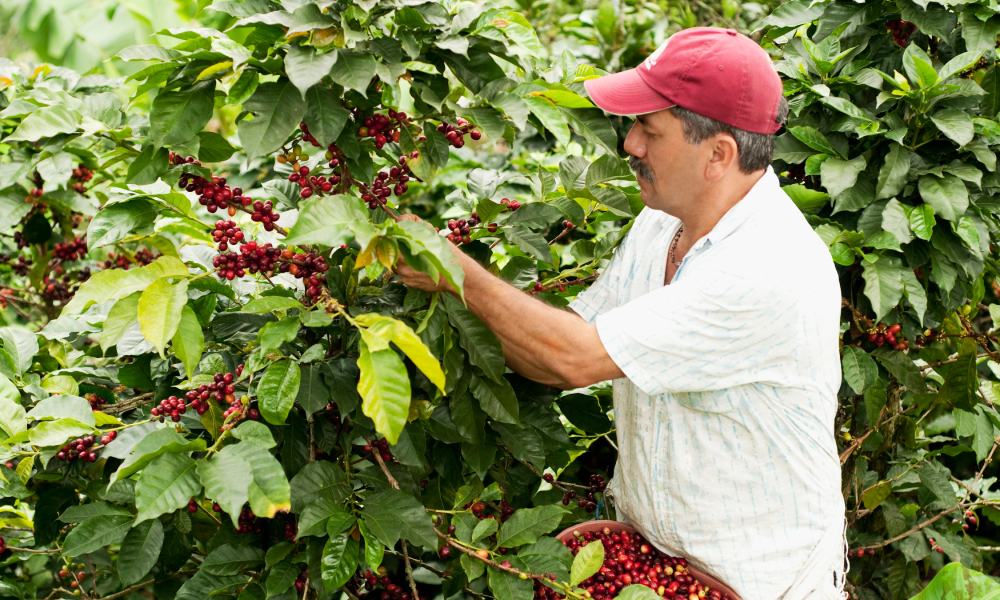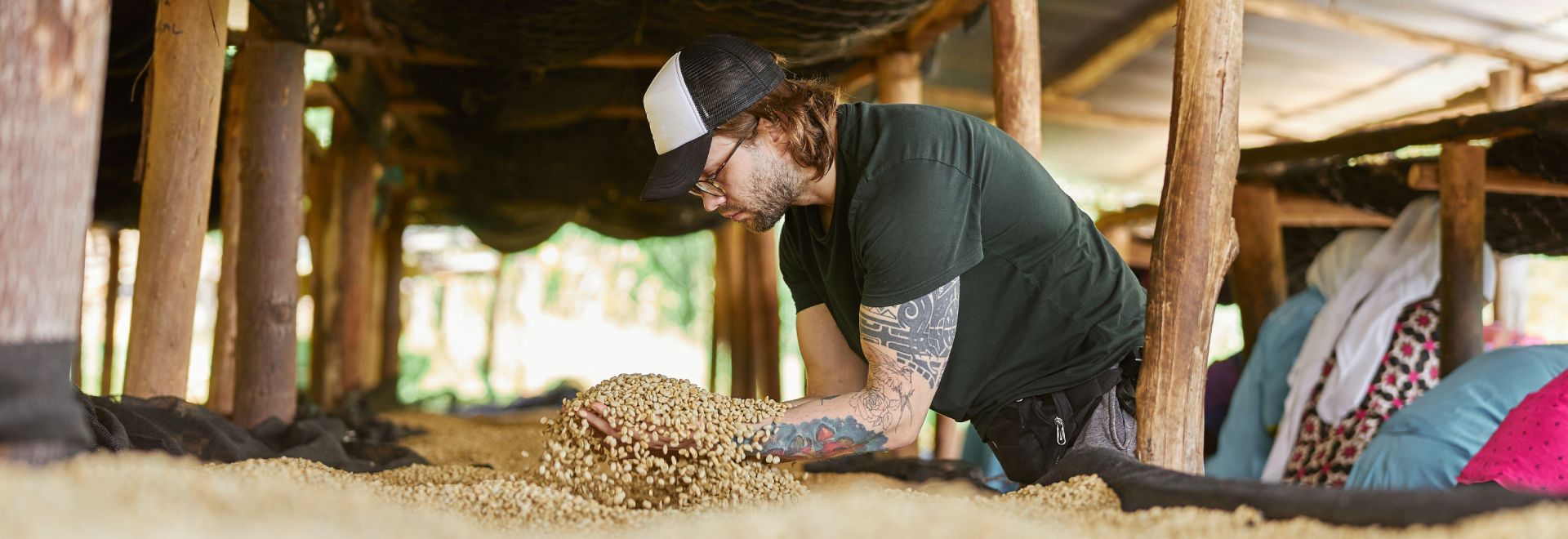Origin trips: What do they mean for coffee producers?
Origin trips have clear benefits for coffee roasters. Jenna Gottlieb speaks to Elias Bayter about what they mean for producers.
Before specialty coffee, most roasters had a limited amount of contact with coffee producers. But over the last two decades, a drive for traceability and transparency along the supply chain has changed this dynamic.
The benefits to roasters are clear. Origin trips can allow them to sample a wide variety of coffees, better understand how they are grown, and form a long-term buying relationship with a coffee producer. They can also provide roasters with the knowledge they need to market their coffees more effectively.
But beyond this, origin trips can also help roasters connect their consumers with the people behind the coffee, showcasing their commitment to upholding values that the specialty coffee industry prioritises.
This is all great news for roasters – but how do origin trips benefit coffee producers?

So, what are the benefits for coffee producers?
Generally speaking, origin trips provide an opportunity for roasters and producers to develop a more meaningful connection, which can serve as the basis of a future business relationship.
They offer producers the opportunity to share insights into the quality and expected flavour attributes of their coffee. At the same time, they can gain valuable information about consumer preferences at the other end of the supply chain.
“For producers, they mean an amazing opportunity to see a whole new face of the coffee industry, which normally producers are not able to see because of the lack of connection with roasters,” says Elias Bayter from Forest Coffee.
“It’s very important to connect with roasters because they are the ones facing the end consumer,” says Elias. “For us, it is very important to understand their needs and improve towards that. It gives us insight into changing trends in terms of profile preferences which, in the end, can help us plan out how we process coffees.”
For him, the greatest benefit of origin trips is that they cultivate an environment of collaboration.
“There are many benefits, but the most important for us is the connection between both parties,” he says. “A shared culture behind the coffee, collaborating on new ideas, and most importantly, the relationships built.”
But for all their benefits, coffee producers also need to think carefully about the investment. It often costs a lot for them to host prospective buyers, and while there is often a tacit agreement that roasters visiting a farm will eventually source from it, this might not always be the case.

Ensuring a sustainable production model
Coffee producers often go to great lengths to accommodate roasters during origin trips. To help ensure the effort is worth it, roasters should research the farm and assess the likelihood of becoming a customer before visiting.
But on the whole, origin trips can help coffee producers secure a long-term buyer while providing roasters with the opportunity to really know a farm and what it’s capable of. There are clear benefits to either side
“These types of events help producers show the work behind a cup of coffee and try to build a more conscious society that, in the end, benefits the whole supply chain,” says Elias.
Ultimately, origin trips can be beneficial for all involved. They help to add value for producers, roasters, and consumers.
At the same time, they help to improve transparency – a central tenet of the specialty coffee industry – helping to ensure production is based on a model that empowers producers rather than takes advantage of them.








